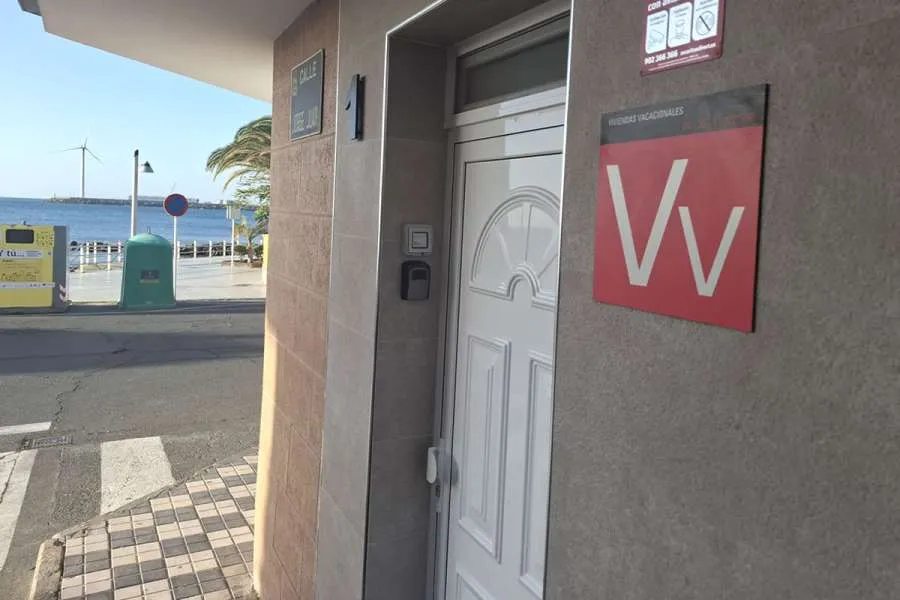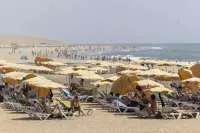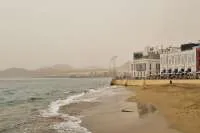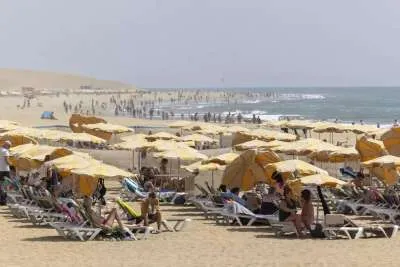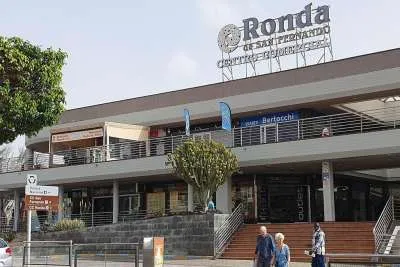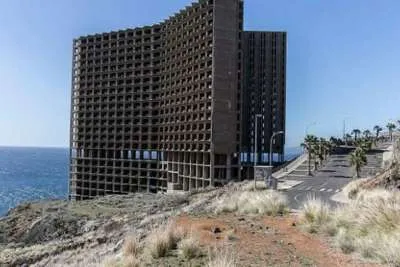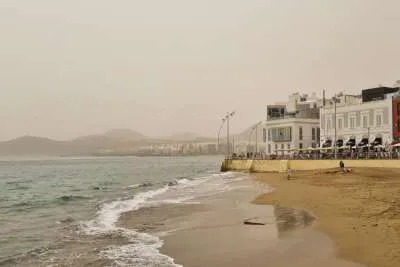Key points of the new Canary Islands holiday rental law
- 14-11-2025
- National
- Canarian Weekly
- Photo Credit: CW Stock Image
The Canary Islands Parliament has approved the long-awaited, and highly controversial, holiday rental law, more than two years after it was first announced. Here are the key points and how it will affect owners that rent their properties as holiday lets to tourists across the islands.
Widely criticised by social groups, councils and the holiday-lettings industry, the law aims to control the rapid expansion of short-term tourist rentals (holiday lets), which many residents blame for rising rents, the shortage of available housing, and pressure on local services.
The only sector consistently backing the legislation has been the hotel industry, the main competitor of the holiday-rental market.
A cap of up to 10%, or even 20% in specific cases
The centrepiece of the new regulation is a limit on tourist accommodation: a maximum of 10% of all residential properties in each municipality or neighbourhood may be used for short-term holiday lets.
This means that in the Canary Islands, where there are just over one million homes, according to the National Institute of Statistics (INE), a maximum of 100,000 can be used for tourism purposes. And that's applying only the 10% threshold. Because the law states that in the Green Islands—that is, La Palma, La Gomera, and El Hierro—the percentage can be 20%, as it can in the "municipalities facing demographic challenges," i.e. those declared as such by the regional government based on criteria such as depopulation, aging, and economic slowdown, among others.
Councils have five years to define where tourist rentals can operate. They may raise the cap, but only with studies proving their area can sustain the additional activity. Until they approve their local plans, no new VV licences can be granted.
If you are in a municipality that has reached 10% allowance, then no more licences will be issued, unless the cap is raised.
Licences valid for five to ten years
All tourist-rental licences will be valid for five years, ten years in the Green Islands and demographic-challenge areas. Renewals will depend on local planning and whether an area is declared a “stressed housing market”.
The law also applies retroactively to the more than 70,000 currently registered holiday-rental properties, which will enter a five-year transitional period to comply with the new rules. If owners can demonstrate that the time is insufficient to absorb potential losses, they may request a five-year extension.
Key restrictions and minimum standards
The legislation bans tourist use in properties that are or have been under public housing protection. Communities of owners (HOAs) may veto tourist rental activity in their buildings or complexes. Homes located in designated “stressed” housing zones cannot obtain VV licences.
A minimum property age is required: ten years for most islands and five years for the Green Islands.
Small owners who both own and operate their tourist property may apply for a special “consolidated tourist use” designation, allowing them to continue renting indefinitely, if they can prove the property was already used for tourism in the year prior to the law’s entry into force.
Licences will continue to be requested via a declaración responsable (responsible declaration), which allows activity to begin immediately, with inspections occurring later. Requirements include:
- Minimum property size of 35 m² (25 m² if compensated by extras such as parking or a pool).
- Minimum energy rating of F or D (less strict than the original draft).
- Solar-powered hot-water systems where feasible.
If false information is provided, tourist activity will be banned for three years (reduced from ten in the original proposal).
Massive workload for local councils
Councils will be responsible for ensuring compliance with safety, accessibility and health standards, an enormous task for many municipalities that lack sufficient staff. They must adopt an approved verification plan no more than eight months after the regulation's enactment, with implementation not to exceed four years.
A final transitional clause allows owners of entire residential buildings currently devoted to holiday rentals to request reclassification for exclusive tourist use, effectively transforming them into hotels or tourist apartment complexes. These properties that would no longer count as residential housing.
Other articles that may interest you...
Trending
Most Read Articles
Featured Videos
TributoFest: Michael Buble promo 14.02.2026
- 30-01-2026
TEAs 2025 Highlights
- 17-11-2025


